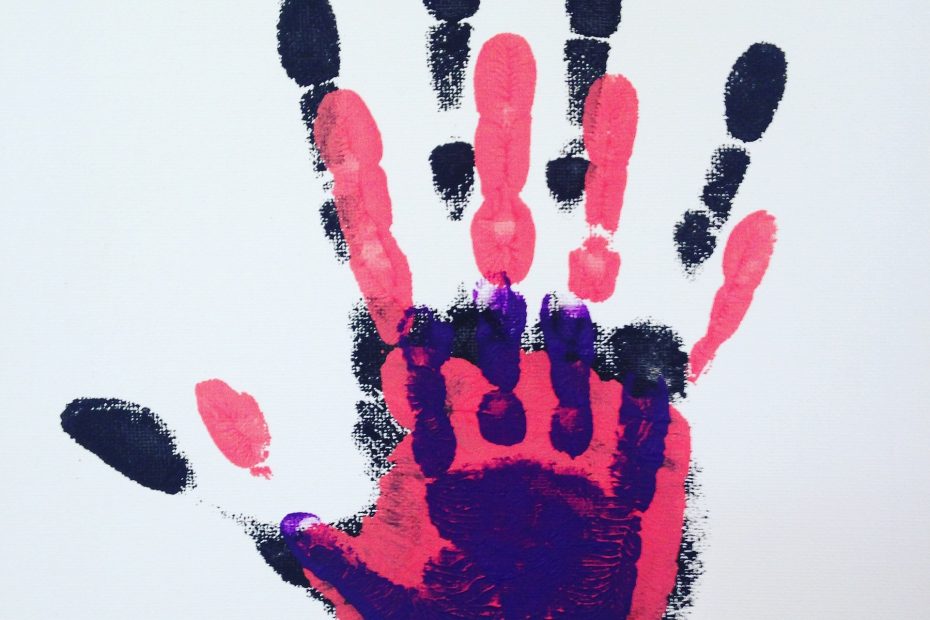This open access article published in Journal of European Social Policy explores the (in)equality dynamic of childcare-related policy reforms in post-Yugoslav countries to expose ‘silent’ cleavages embedded in parenting leaves and early childhood education and care policies design that may challenge or reinforce parental (in)equalities in employment and care opportunities. It is guided by the principles and (sub-)questions of intersectionality-based policy analysis to determine who benefits and/or is excluded from the policy goals and allocation of childcare-related resources. All former Yugoslav republics initially relied on gendered and selective childcare-related policy design, empowering only a fraction of working mothers. In the last three decades only Slovenia equalized the potential of childcare-related policy allowing various parents to more easily engage in care and employment. The other post-Yugoslav countries that were more exposed to the post-1990 societal re-traditionalization and cost-containment measures mostly exacerbated the existing or created new layers of inequalities and (dis)advantages intersecting along gender, class, ethnical and spatial lines. While enacting more socially inclusive leaves, they also amplified the systematic exclusion of some parents from access to childcare-related rights and the opportunity to work and care. Parents, particularly mothers in precarious employment, ethnic minorities and ‘new’ migrants, as well as those living in less developed areas, were the most affected by the (absence of) reforms.
Article link.
Supplemental Material link.
